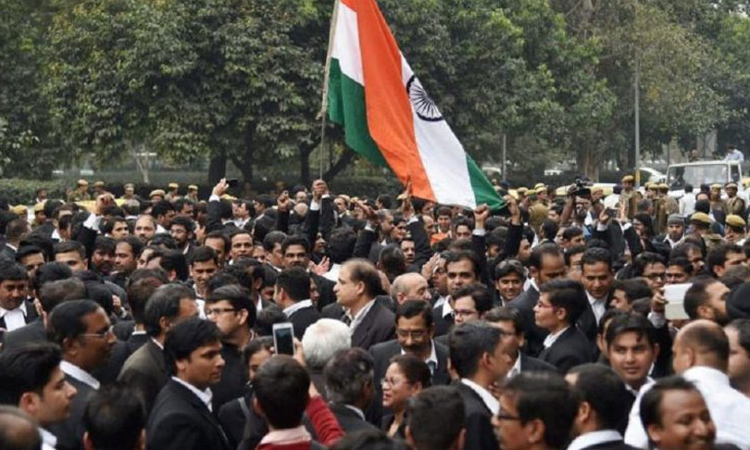Autonomy Of The Bar Cannot Be Taken Over By The Court: SC Quashes Madras HC 'Disciplinary Rules' For Lawyers
Ashok Kini
30 Jan 2019 3:02 PM IST

Next Story
30 Jan 2019 3:02 PM IST
The Supreme Court has quashed Rules 14- A to 14-D of the Rules of High Court of Madras, 1970 holding that they are ultra vires to Section 34 of the Advocates Act and usurps the power of the Bar Council in Disciplinary matters. The bench comprising Justice Arun Mishra and Justice Vineet Saran observed that the Advocates Act never intended to confer the disciplinary powers upon the...
